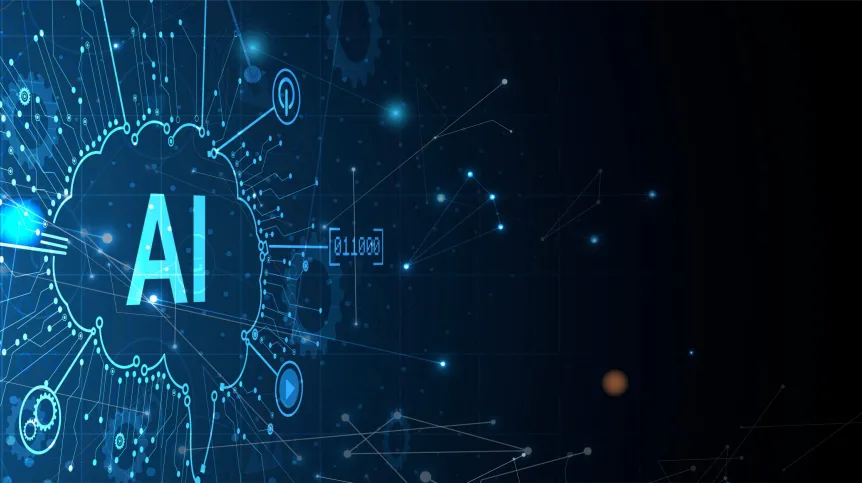
In the era of artificial intelligence, reputable scientific journals will remain central to maintaining trust in scientific information, according to Professor Marzena Świgoń of the University of Warmia and Mazury in Olsztyn.
Świgoń studies the impact of AI on early-career researchers as part of the Harbingers of Change initiative — a ten-year international project involving scientists from the UK, US, France, Spain, Portugal, Russia, China, Malaysia, and Poland.
The project examines how young researchers adapt to changes in scientific communication, including how they search for, assess, and share research findings.
“Looking back over a decade of research, the slow pace of systemic change in various countries is striking,” Świgoń told PAP – Science in Poland.
She leads the Institute of Journalism and Social Communication at the University of Warmia and Mazury and chairs the Scientific Council for the Social Communication and Media Science discipline.
Świgoń said that although technologies are evolving rapidly, the structure of scientific communication remains largely unchanged. “The system is still based on papers and journals — only the form is changing, as digital replaces paper,” she said, adding that publishing in established journals continues to be a key measure of academic success and advancement.
“Perhaps AI will force change in the system,” she added. “But while the structure of the scientific paper may evolve, it will remain the main channel of scientific communication. In the age of AI, reputable journals will continue to play a crucial role in building trust — and in shaping the reputations of young researchers.”
PAP - Science in Poland
wl/ agt/
tr. RL













